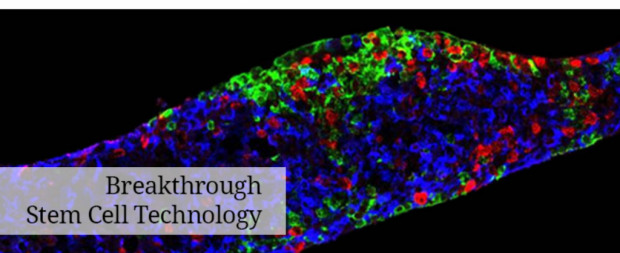
Breaking News
 Israeli Prime Minister, Netanyahu will meet with Trump on Wednesday and deliver instructions...
Israeli Prime Minister, Netanyahu will meet with Trump on Wednesday and deliver instructions...
 Elon Musk Offers To Cover Legal Bills Of Epstein Survivors Who Identify New Names
Elon Musk Offers To Cover Legal Bills Of Epstein Survivors Who Identify New Names
 Red Alert Emergency Broadcast! Tune In NOW As Alex Jones Analyzes The Insane Revelations...
Red Alert Emergency Broadcast! Tune In NOW As Alex Jones Analyzes The Insane Revelations...
 330 gallons of sulphuric acid was purchased for Epstein Island on the day the FBI opened...
330 gallons of sulphuric acid was purchased for Epstein Island on the day the FBI opened...
Top Tech News
 Drone-launching underwater drone hitches a ride on ship and sub hulls
Drone-launching underwater drone hitches a ride on ship and sub hulls
 Humanoid Robots Get "Brains" As Dual-Use Fears Mount
Humanoid Robots Get "Brains" As Dual-Use Fears Mount
 SpaceX Authorized to Increase High Speed Internet Download Speeds 5X Through 2026
SpaceX Authorized to Increase High Speed Internet Download Speeds 5X Through 2026
 Space AI is the Key to the Technological Singularity
Space AI is the Key to the Technological Singularity
 Velocitor X-1 eVTOL could be beating the traffic in just a year
Velocitor X-1 eVTOL could be beating the traffic in just a year
 Starlink smasher? China claims world's best high-powered microwave weapon
Starlink smasher? China claims world's best high-powered microwave weapon
 Wood scraps turn 'useless' desert sand into concrete
Wood scraps turn 'useless' desert sand into concrete
 Let's Do a Detailed Review of Zorin -- Is This Good for Ex-Windows Users?
Let's Do a Detailed Review of Zorin -- Is This Good for Ex-Windows Users?
 The World's First Sodium-Ion Battery EV Is A Winter Range Monster
The World's First Sodium-Ion Battery EV Is A Winter Range Monster
 China's CATL 5C Battery Breakthrough will Make Most Combustion Engine Vehicles OBSOLETE
China's CATL 5C Battery Breakthrough will Make Most Combustion Engine Vehicles OBSOLETE
Pouch of stem cells implanted in trial to cure type 1 diabetes

The first implant procedures of the clinical trial took place at the University of Alberta Hospital in Edmonton, Alberta, and the UC San Diego School of Medicine's Altman Clinical Trials Research Institute. The goal of the open-label clinical trial is to evaluate the PEC-Direct product candidate for safety and definitive evidence of efficacy. In the coming months, the company expects to expand the trial to additional centers including the University of Minnesota and other sites in the US and Canada.
The first cohort of type 1 diabetes patients is receiving multiple small-format cell-filled devices called sentinels in order to evaluate safety and implant viability. These sentinel units will be removed at specific time points and examined histologically to provide early insight into the progression of engraftment and maturation into pancreatic islet cells including insulin-producing beta cells. A second cohort of up to 40 patients is expected to begin enrolling later this year to evaluate both safety and efficacy. The primary efficacy measurement in the trial will be the clinically relevant production of insulin, as measured by the insulin biomarker C-peptide, in a patient population that has little to no ability to produce endogenous insulin at the time of enrollment. Other important endpoints will be evaluated including injectable insulin usage and the incidence of hypoglycemic events. ViaCyte's goal is to demonstrate early evidence of efficacy in the first half of 2018 and definitive efficacy 6 to 12 months later.



